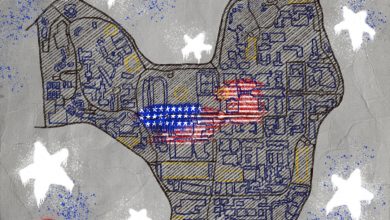Women Drive for Change in Saudi Arabia
CNN reported that in late September, a social media campaign was launched in efforts to urge Saudi women to get behind the wheel in protest of the Saudi Arabian government’s ban on female drivers. The campaign, specifically known as the October 26th Women’s Driving Campaign, gained an impressive amount of traffic with over 16, 000 signatures.
While, Al Jazeera reported, there is no specific ban on women driving in Saudi Arabia, the government does not allow the issuance of drivers licenses to females.
It is not only the ban on issuing female’s drivers licenses that women face in Saudi Arabia. The Wall Street Journal states that Saudi Arabia is one of the most restricting nations for women in the world. WSJ reported,
“By law, Saudi women must have male guardians throughout their life. They are not allowed to vote in municipal elections, though Saudi King Abdullah bin Abdulaziz al Saud has said the government will lift that prohibition in 2015.”
These restrictions are made possible by the strength of the religious clerics within the country. As Al Jazeera reported, “clerics who hold far-reaching influence over the monarchy enforce the driving ban, warning that breaking it will spread ‘licentiousness'”. One particular cleric was reported by the Wall Street Journal to have warned that women who drive alone will damage their ovaries and later give birth to deformed children.
However, it is not only some religious clerics that are warning against women driving, but the government. This past Wednesday, CNN reported Saudi Arabia’s Interior Ministry warning that women caught driving and any of those taking part in demonstrations would be handled accordingly. Al-Turki is quoted saying, “‘All violations will be dealt with — whether demonstrations or women driving.’ He added, ‘Not just on the 26th. Before and after. At all times.'”
It is important to note that not everyone who supports the ban on females being issued drivers licenses does so for religious reasons. The Wall Street Journal interviewed Saudi men, many of whom stated that,
“the first concern…was that in a culture where women’s movement outside the home are often circumscribed, Saudi men would accost a woman out in her car.”
This movement is about more than the opportunity for Saudi women to drive by themselves. In Buraidah, a conservative town, the Wall Street Journal interviewed a 52-year-old retiree who described the difficulties she faced in simply trying to obtain groceries when she had “no money for a driver, no children left at home to care for her, and no freedom here to take a taxi without a male relative to travel with her.”
“‘I am a prisoner,’ she said, pinching together her veil beneath her moist eyes.”
Currently, CNN reported that “according to Amnesty International, at least 35 women have already taken to the Saudi streets driving their cars, filming and uploading their videos on to YouTube.”




